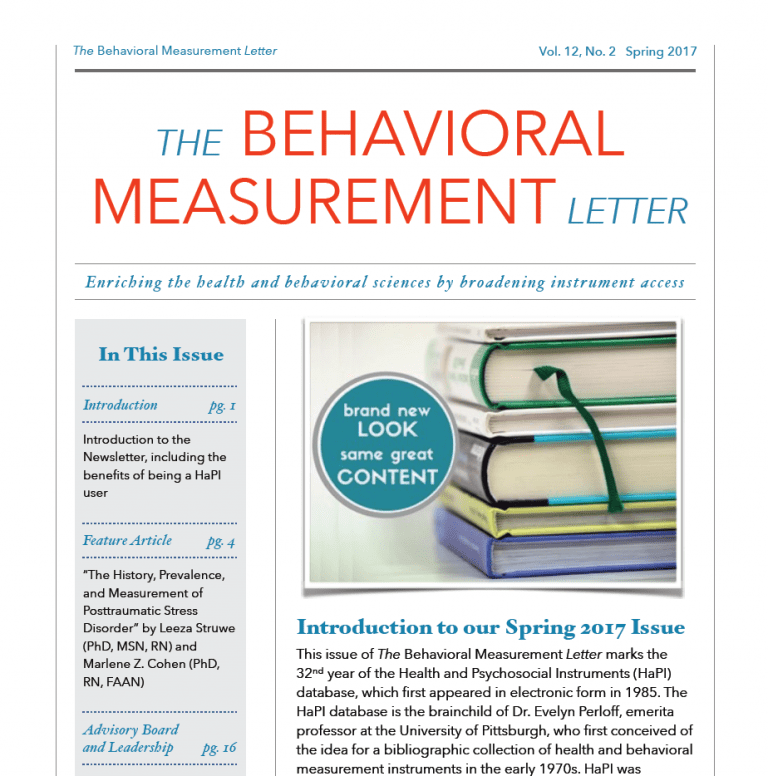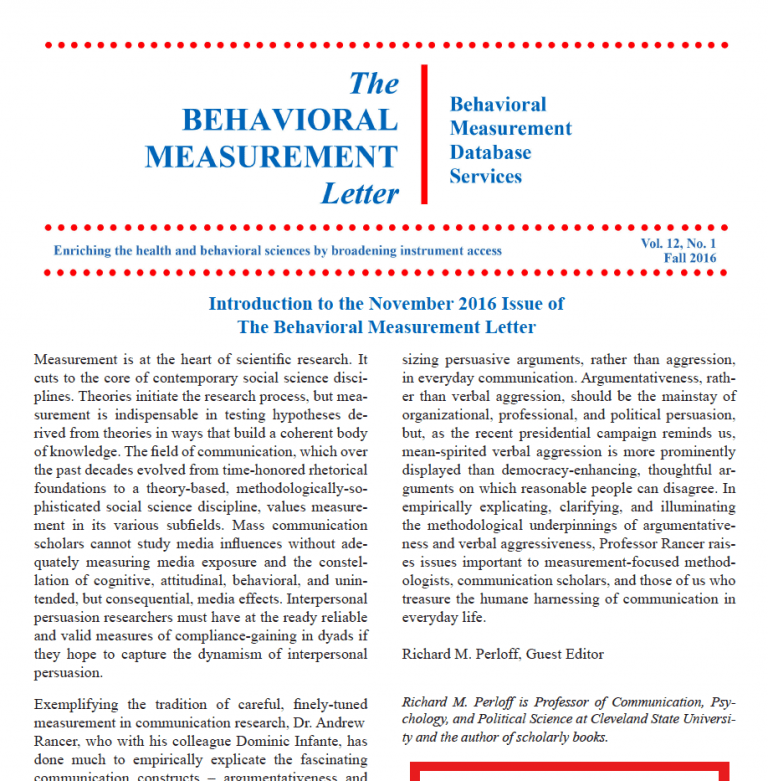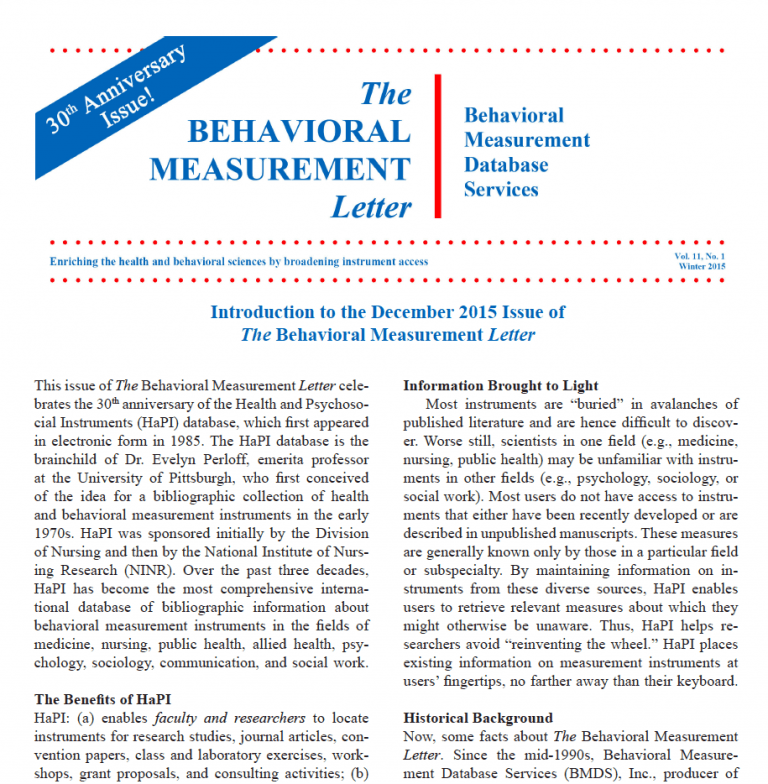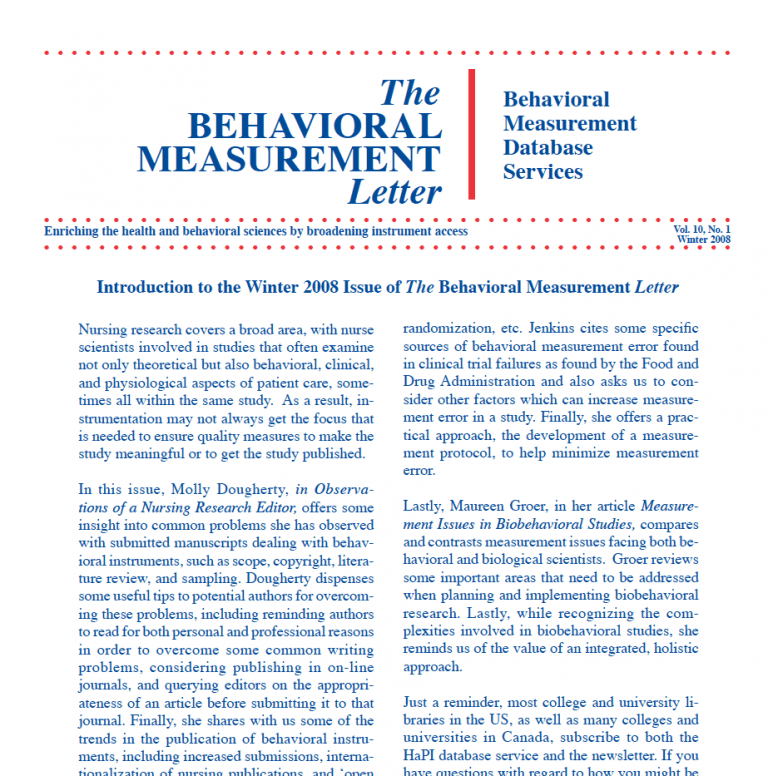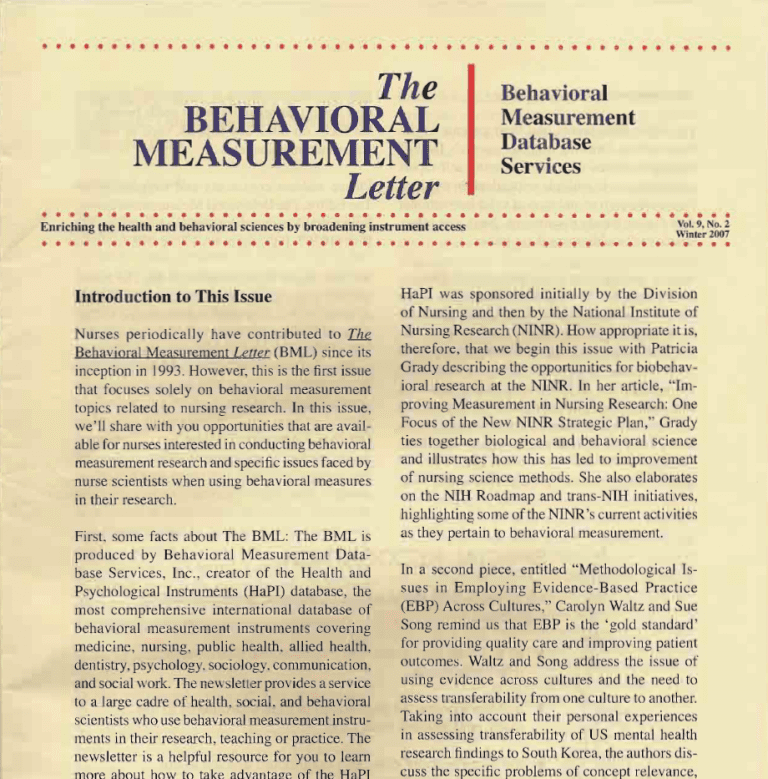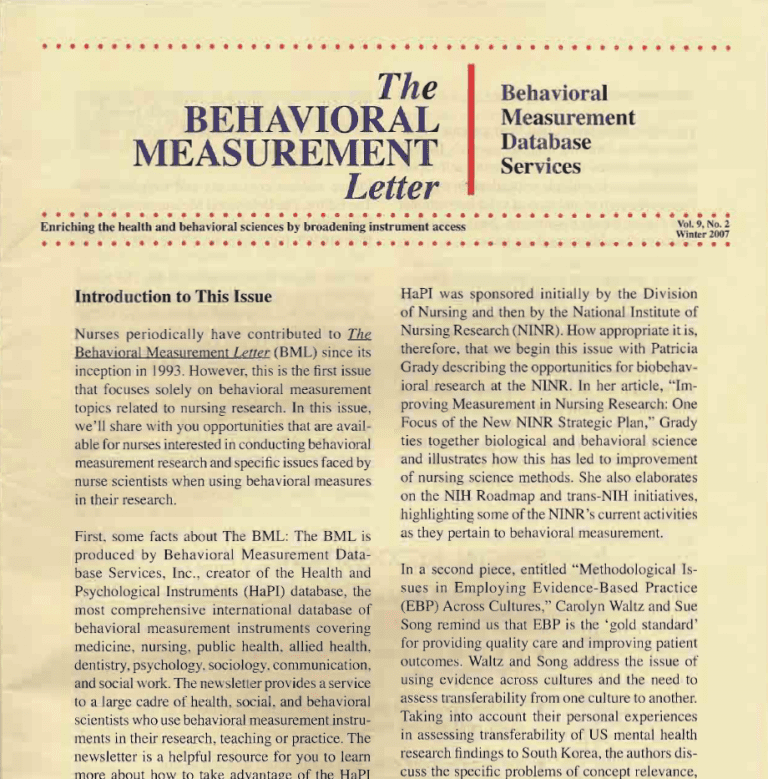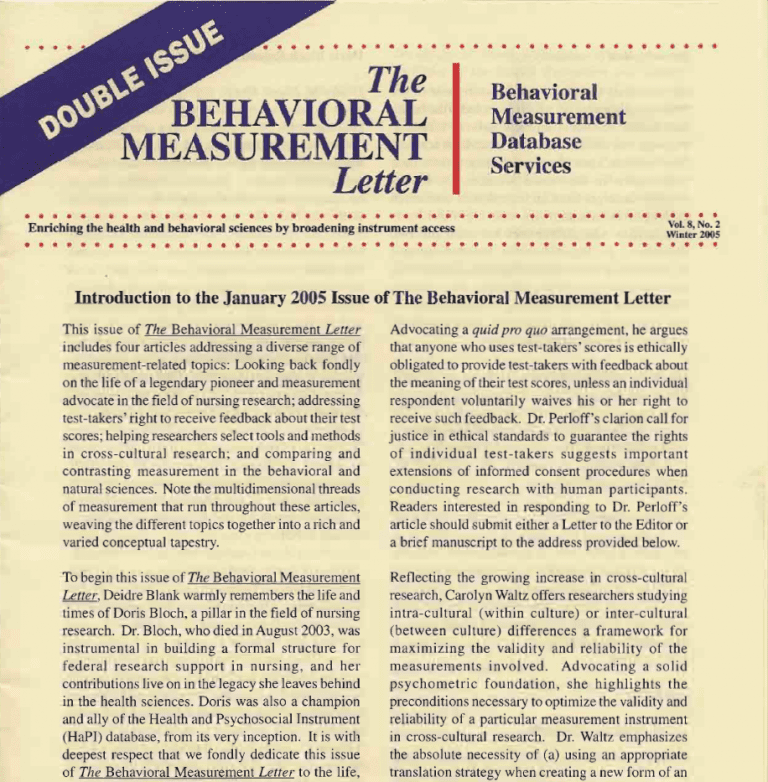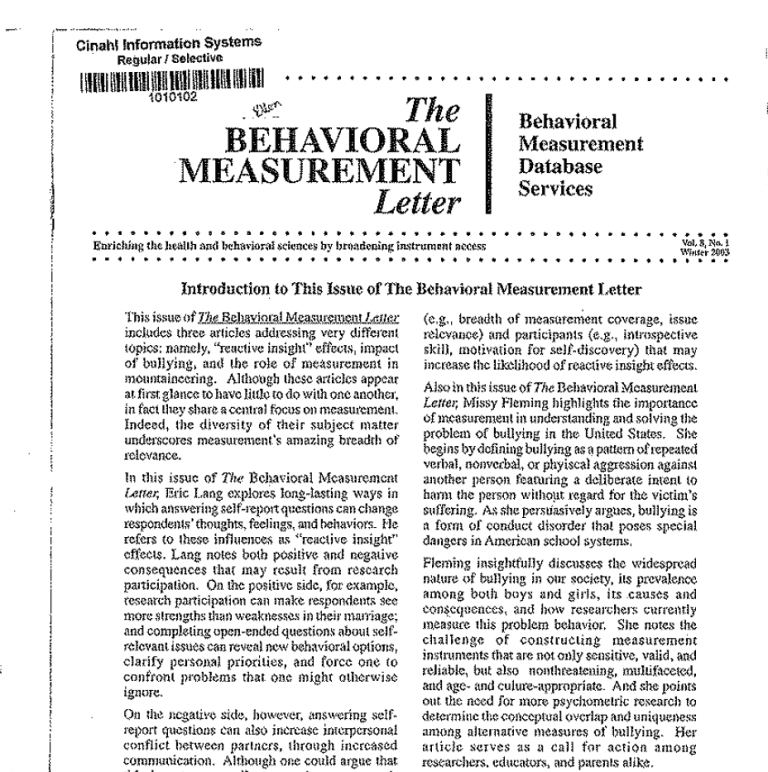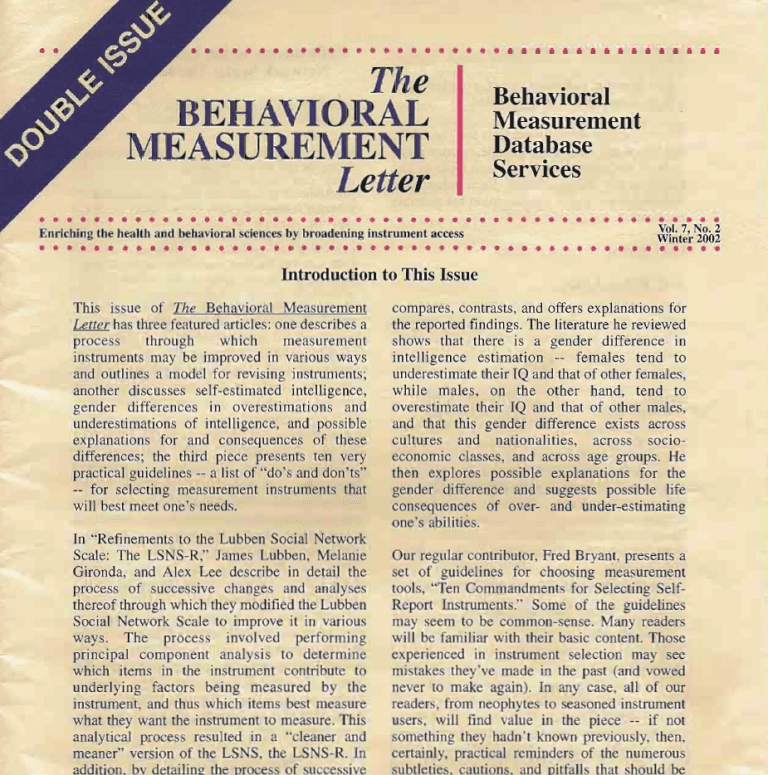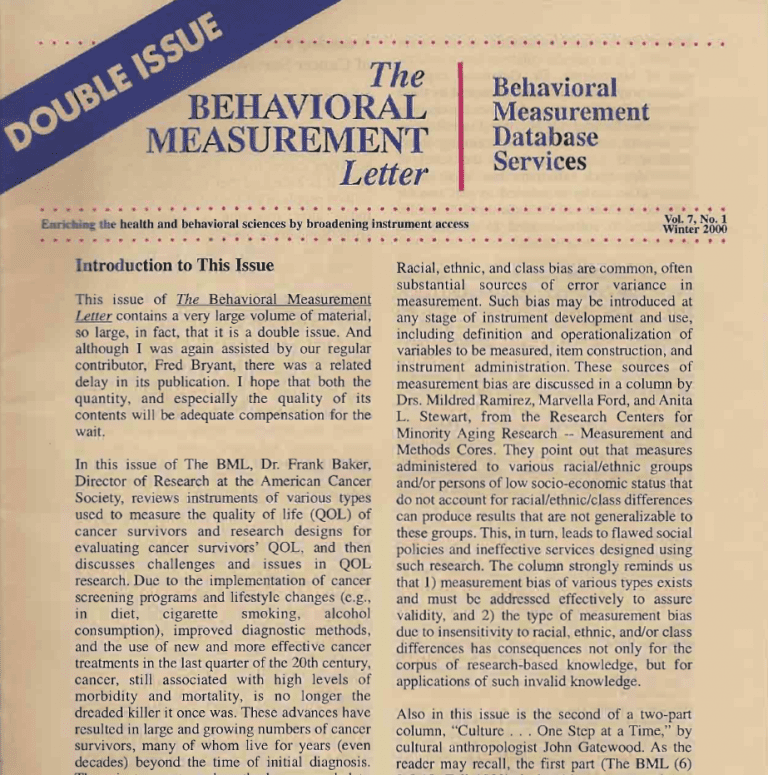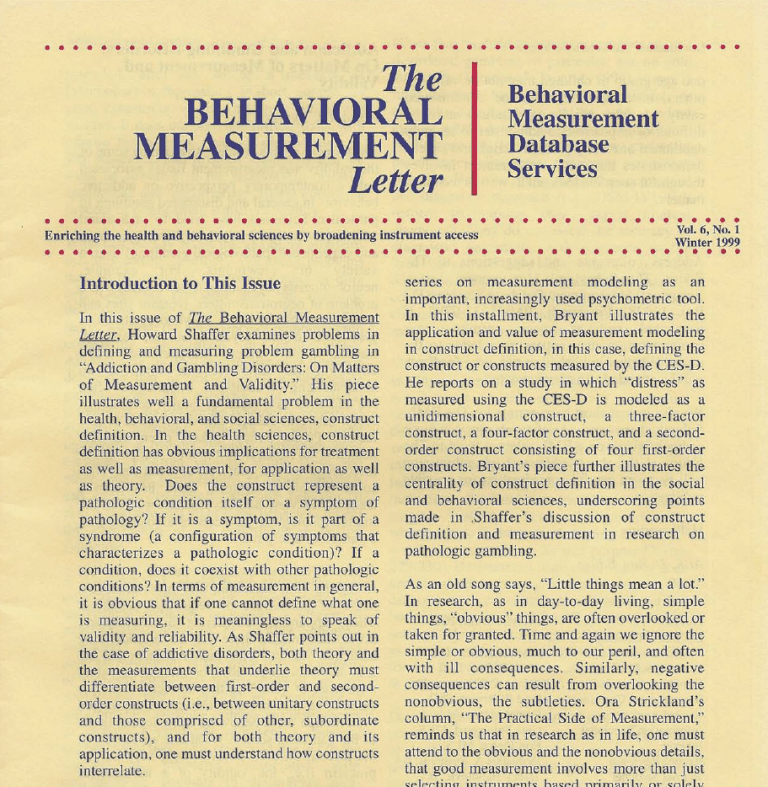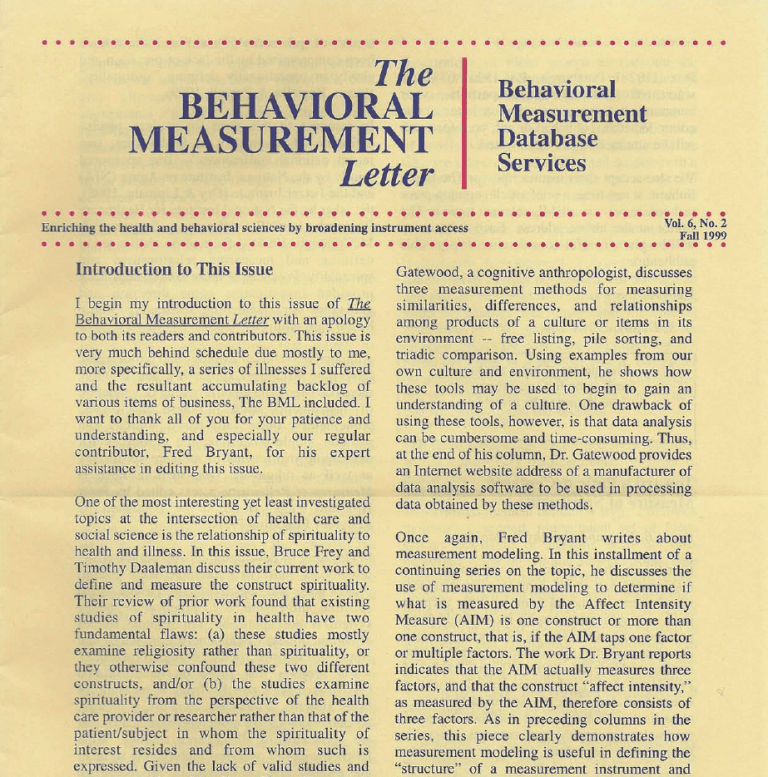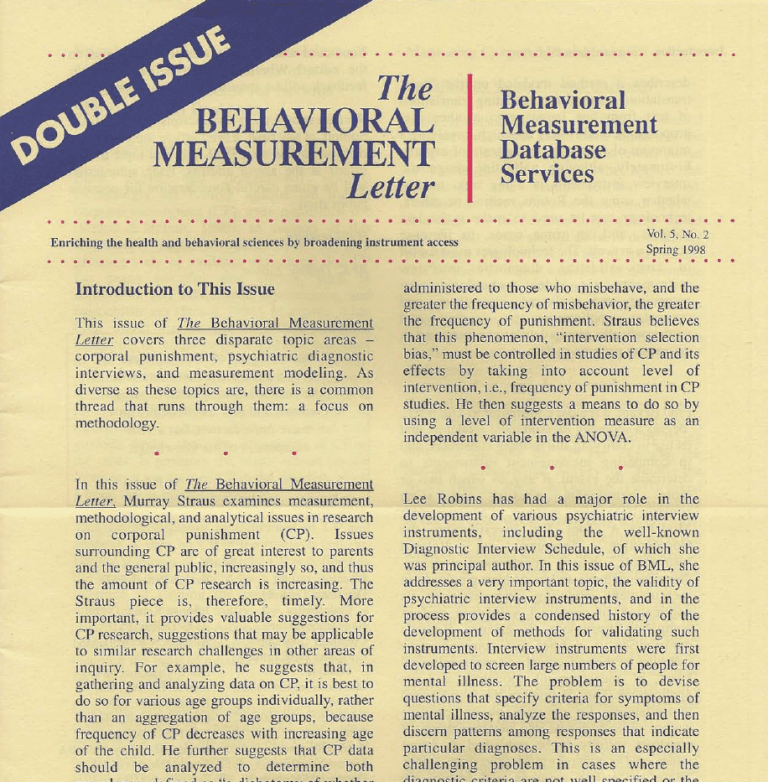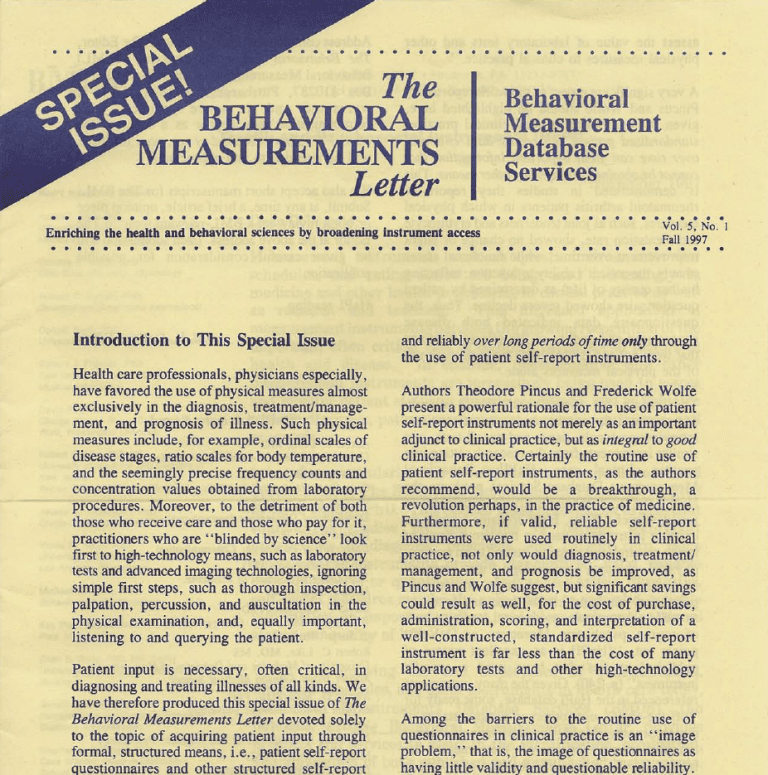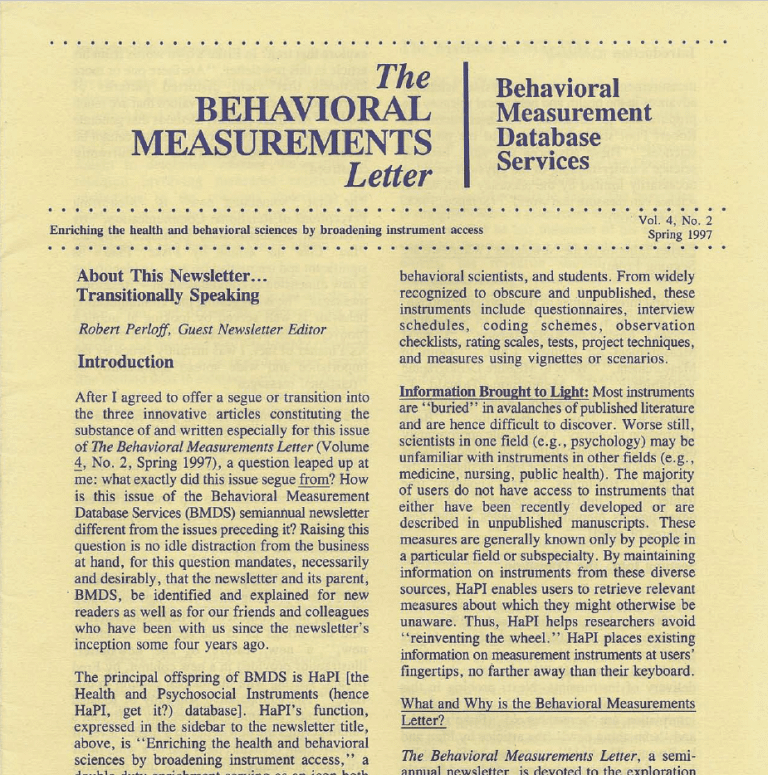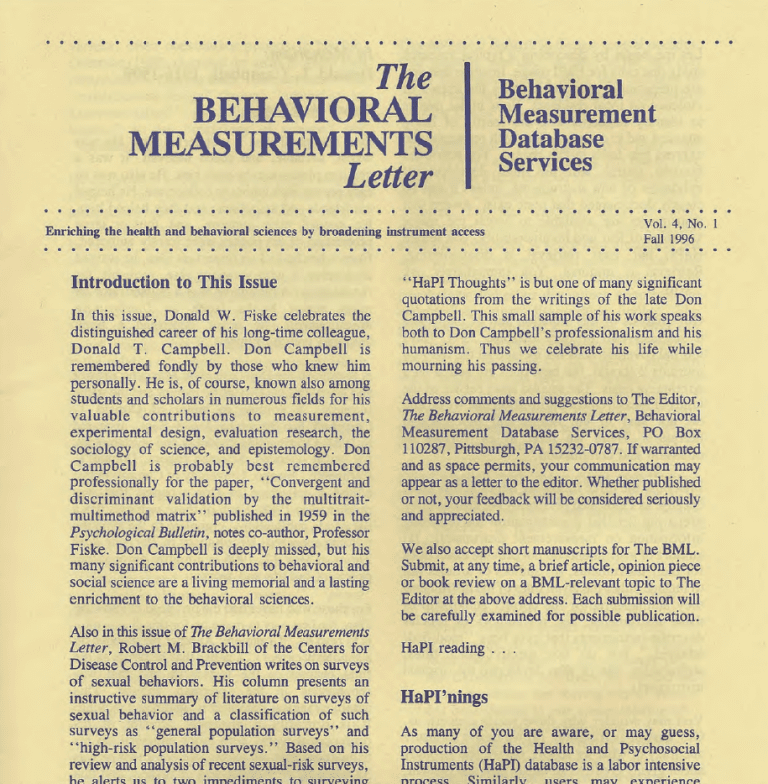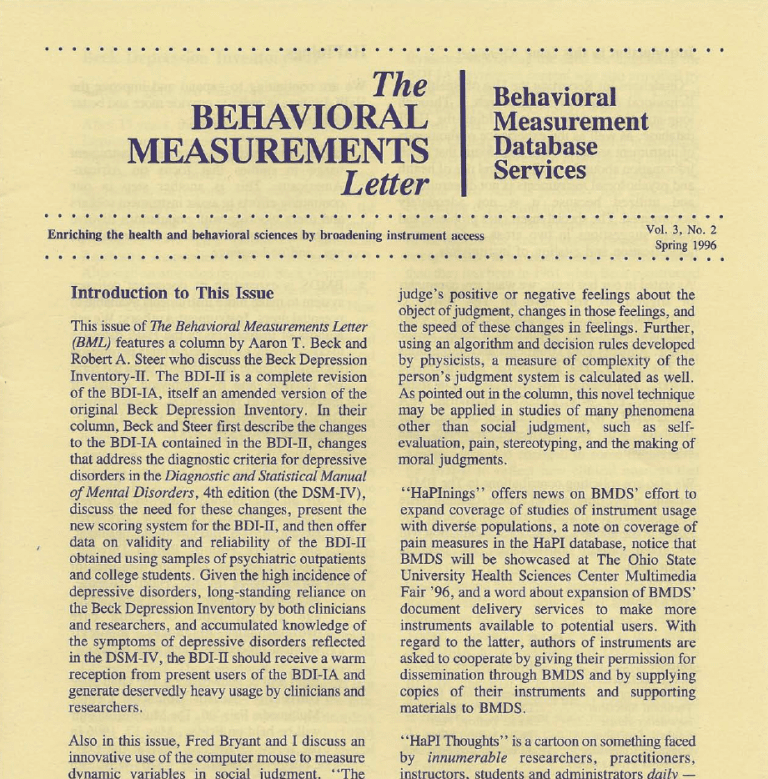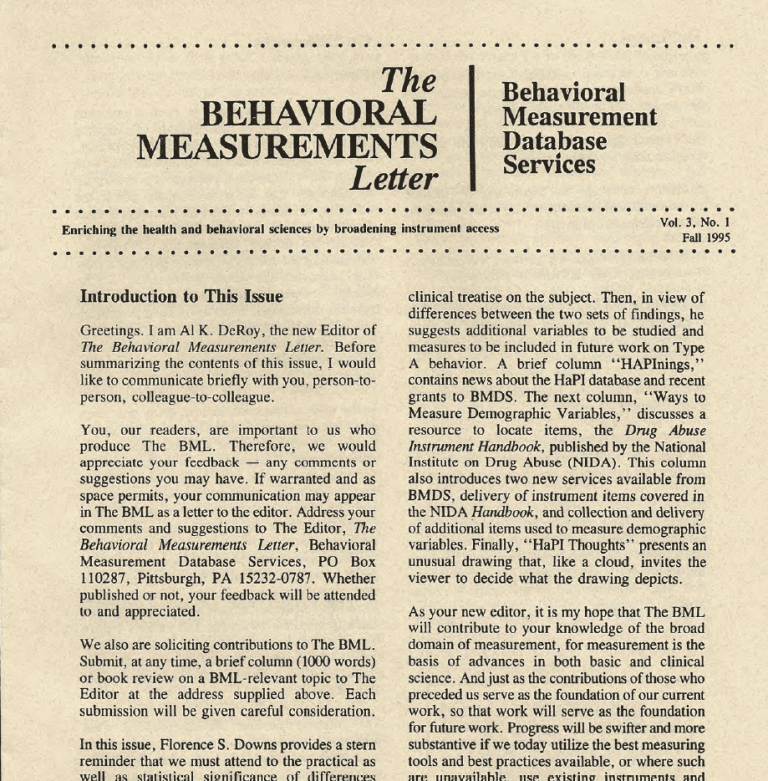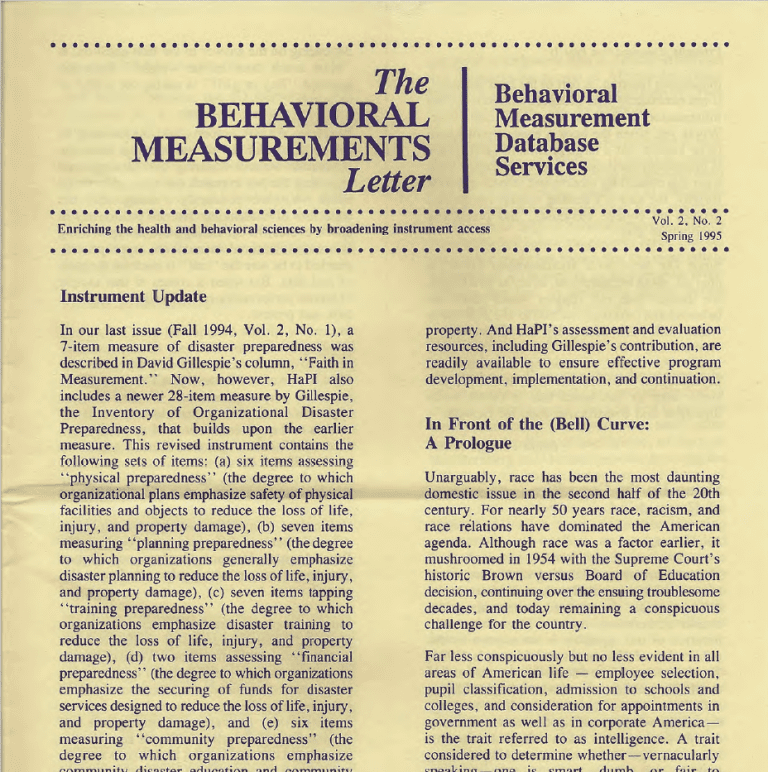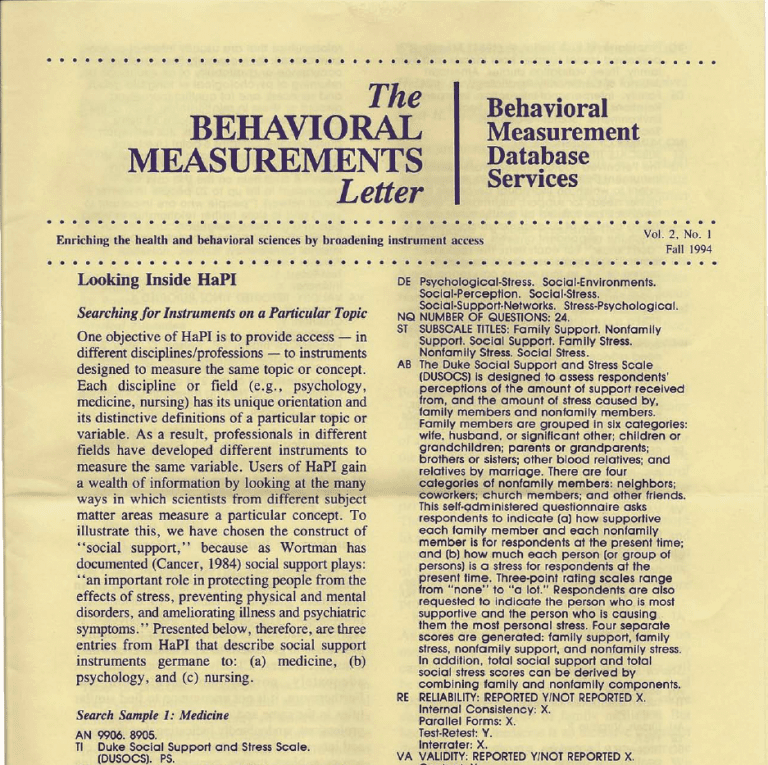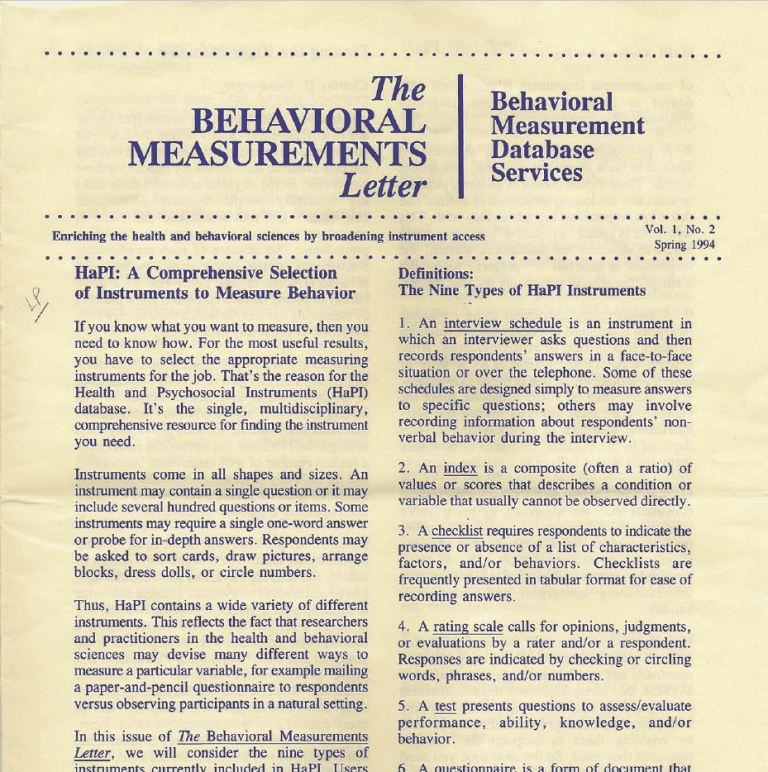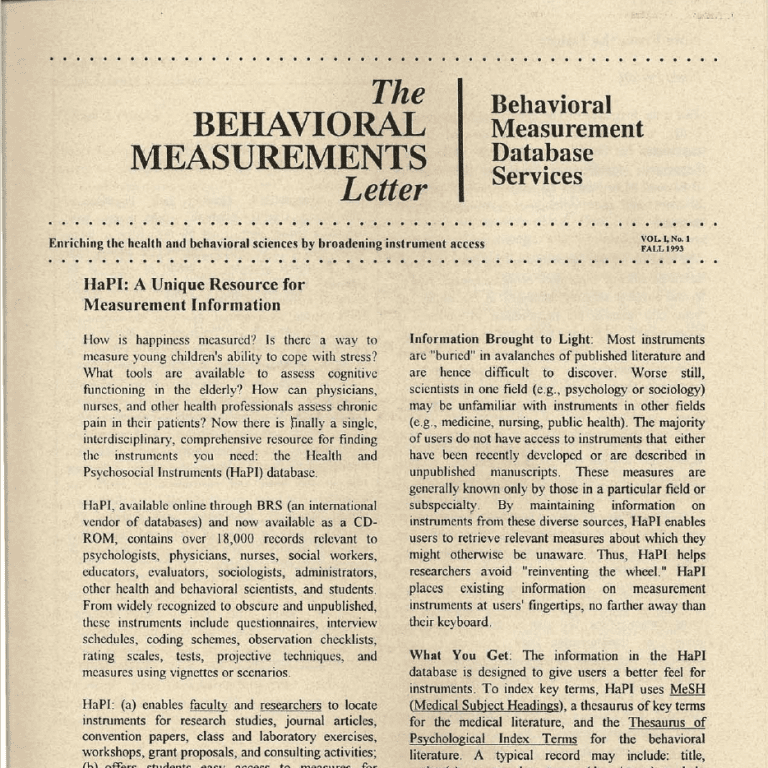Continued article from the January 2005 Issue of The Behavioral Measurement Letter, Vol. 8, No. 2 Winter 2005
Deidre M. Blank, DrPH, RN, FAAN
On August 10, 2003, nursing lost a dear friend and colleague. Doris Bloch, DrPH, RN, FAAN, retired Special Assistant to the Director of the National Institute of Nursing Research (NINR), died of congestive heart failure at Suburban Hospital m Bethesda, MD. She was 75 years old.
Doris was a legend among nursing research leaders. Her fame was based largely on her early work developing federal programs for nursing research while at the Division of Nursing, Health Resources and Services Administration (HRSA). In 1986, Doris led the transfer of nursing research and research training staff from the Division of Nursing, HRSA, to the newly created National Center for Nursing Research (NCNR) at NIH, the forerunner of today’s NINR. As a Branch Chief at the NCNR, Doris assumed primary responsibility for Program Planning and Evaluation before finishing her career as Special Assistant to the Director of the NINR. Always the faithful steward for nursing research, Doris did much of the planning for the National Nursing Research Agenda during the early years for nursing at NIH.
A native of Berlin, Doris and her sister escaped Nazi persecution in Germany and settled in the Netherlands. After completing high school in the Netherlands, Doris immigrated to the U.S. She received her bachelor’s degree in zoology from Mount Holyoke College, a master’s degree in nursing from Yale, and master’s and doctoral degrees in public health from the University of California at Berkeley. She then served a distinguished career in public health, including work in Tanganyika (now Tanzania), Kenya, and the Philippines. After returning to the U.S., she joined the Division of Nursing, HRSA.
Doris was a dedicated professional who provided exemplary service to the nursing profession. In her quiet and unassuming way, she was a mentor to many nurses who today serve in pivotal leadership positions. As a young nurse who was assigned to work with Doris in her Section at the Division of Nursing (and later at the NCNR, NIH), I remember how dedicated Doris was to her work. Typically, she was in her office before her staff arrived in the morning and after they left for the day. However, despite her long hours, she still took time to mentor newcomers. I remember her giving me one of my first opportunities to be a manuscript reviewer, a role that I still enjoy today. I also remember that under Doris’ leadership, the staff of her section at the Division of Nursing received the Assistant Secretary for Health’s Award for Exceptional Achievement, a well-deserved honor for such a dedicated servant.
I also experienced a more sensitive side to Doris. I remember one day in particular, when I shared with her my plans for a trip with my husband to the Netherlands. Doris told me the story of how, as children, she and her sister had hidden in the Dutch woods to evade Nazi capture. She pinpointed the location on a map, as if the encounter had occurred yesterday. Making a determined effort to visit the area, I remember standing in those same woods feeling a deeper appreciation of this very strong, yet quiet, individual. Also, it was not unusual for Doris to work in our temporary quarters at the NIH on weekends. As a new mother, I would periodically make it a point on weekends to stop by the office with my daughter. Doris always seemed to enjoy the interaction, never failing to laugh and smile. She seemed to relish the innocence of youth.
One of the last things that Doris did before she passed away was to attend the motion picture, Winged Migration, with some of her friends. A film of great beauty, it explores the mystery of birds in flight, by following a variety of bird migrations through forty countries across seven continents. How fitting that Doris, who had started her life in flight from the Nazis, would later help give flight to nursing research and watch it rise to great heights, just as she watched the birds in the film soar high above the earth.
Dr: Deidre M. Blank, DSN, RN, FAAN, has served as Chief of the Health Promotion and Disease Prevention Branch at the National Center for Nursing Research (NCNR), NIH, as well as a Nurse Consultant to the Nursing Research Support Section in the Division of Nursing, HRSA; and has held positions on the nursing faculties of Rutgers, Emory, and Thomas Jefferson Universities. A Fellow of the American Academy of Nursing, Dr. Blank has received the Assistant Secretary for Health’s Award for Exceptional Achievement and the Director’s Award from the NCNR, NIH. Email: dblan.k@netzero.com
Read additional articles from this newsletter:
Comparing Measurement in the Natural and Behavioral Sciences
The Test Taker’s Right to Know
Selecting Tools For Use in Cross-Cultural Measurement
8-2-winter-2005

